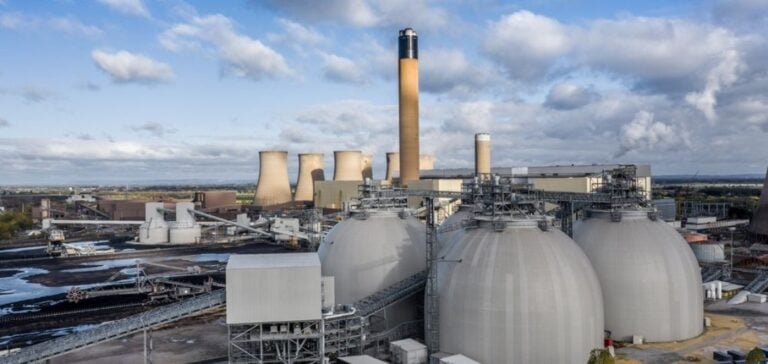US climate and energy regulations, introduced under the Biden administration, are at a pivotal moment in 2024.
With the presidential election approaching, the energy sector is on high alert, anticipating potential changes in political direction and regulations in place.
Ongoing court rulings, combined with the outcome of the election, will determine whether current regulations are upheld, modified or repealed.
Regulation under judicial pressure
The climate regulations established by the Biden administration face numerous legal challenges.
The Environmental Protection Agency’s (EPA) 2023 rule requiring 90% carbon capture for coal-fired power plants by 2032, and new fuel economy standards for vehicles by 2031, are already in litigation.
The Supreme Court’s repeal of the Chevron doctrine, which required courts to respect the regulatory interpretations of federal agencies, complicates the defense of these measures.
Courts must now independently interpret statutes, which could lead to rulings unfavorable to current regulations.
Legal uncertainty is amplified by the Major Issues Doctrine, which requires clear congressional authorization for agencies to regulate matters of great importance.
This makes enforcement of the Biden administration’s regulations even more complex, as several ongoing cases are before the federal courts.
Companies in the sector, aware of these risks, remain vigilant as to the evolution of judicial decisions.
Towards deregulation under a Republican administration?
A return of Donald Trump to the White House in 2024 could radically transform the regulatory landscape.
Trump promises to repeal Biden-era energy regulations, favoring a policy of “energy dominance” focused on fossil fuel exploitation.
Measures under consideration include withdrawing from the Paris Agreement, scrapping EPA rules on methane emissions and increasing oil and gas leasing, particularly in Alaska.
Legal experts anticipate a wave of executive orders as soon as a new Republican administration begins, aimed at overturning existing regulations and facilitating the exploitation of fossil resources.
Companies in the sector are already preparing for a potentially highly deregulated regulatory environment, reorienting their investment strategies accordingly.
Implications for the energy sector
The uncertainty surrounding regulations is creating significant volatility for energy companies.
The industry is faced with a dilemma: prepare for a continuation of climate policies under a Democratic administration, or complete upheaval under a Republican presidency.
Analyses indicate that companies need to anticipate a range of scenarios, from continued subsidies for renewables and emissions-reducing technologies to a return to fossil fuel investments.
Clean hydrogen tax credits, methane emission regulations and carbon capture standards are all subject to change depending on election results.
The Heritage Foundation’s “Project 2025” report proposes a far-reaching deregulation program that could serve as the basis for a Republican administration, including a review of Biden-era climate policies.
Industry strategies in the face of uncertainty
In this volatile environment, companies are adjusting their strategies.
Some are focusing on emission-reduction technologies and renewable energies, betting on a continuation of current regulations.
Others are preparing plans to exploit the opportunities offered by potential deregulation, refocusing on hydrocarbons and accelerating development projects.
The 2024 elections will not only determine the future of US energy policy, but will also have global repercussions.
The energy sector needs to prepare for a year of potential change, adjusting its strategies to navigate between tightened regulations and market liberalization.






















